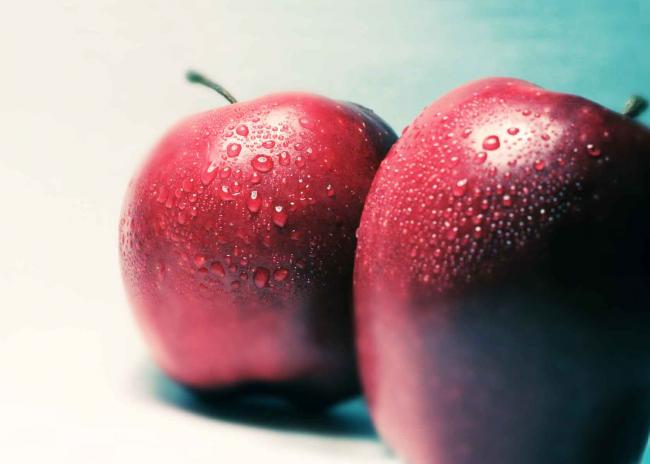
High fruit and vegetable consumption may reduce risk of breast cancer, especially aggressive tumors: Study
Boston, July 20 (IBNS): Women who eat a high amount of fruits and vegetables each day may have a lower risk of breast cancer, especially of aggressive tumors, than those who eat fewer fruits and vegetables, according to a new study led by researchers from Harvard T.H. Chan School of Public Health.
In their findings, cruciferous vegetables such as broccoli, and yellow and orange vegetables, had a particularly significant association with lower breast cancer risk.
“Although prior studies have suggested an association, they have been limited in power, particularly for specific fruits and vegetables and aggressive subtypes of breast cancer,” said first author Maryam Farvid, research scientist in the Department of Nutrition. “This research provides the most complete picture of the importance of consuming high amounts of fruit and vegetables for breast cancer prevention.”
The study was published online July 6, 2018 in the International Journal of Cancer.
The researchers analyzed diet questionnaires submitted every four years by participants in the Nurses’ Health Study (88,301 women, starting in 1980) and the Nurses’ Health Study II (93,844 women, starting in 1991). Data on other potential breast cancer risk factors such as age, weight, smoking status, and family cancer history were taken from biennial questionnaires.
They found that women who ate more than 5.5 servings of fruits and vegetables each day had an 11% lower risk of breast cancer than those who ate 2.5 or fewer servings. (A serving is defined as one cup of raw leafy vegetables, half a cup of raw or cooked vegetables, or half a cup of chopped or cooked fruits.)
To find out whether the benefits of fruit and vegetable consumption differed among various types of breast cancers, the researchers conducted an analysis by tumor hormone receptor status and molecular subtype. They found that higher consumption of fruits and vegetables was particularly associated with lower risk of more aggressive tumors including ER-negative, HER2-enriched, and basal-like tumors.
Previous work by this research group linked reduced breast cancer risk with higher fiber intake, but the benefits of fruits and vegetables found in this study appear to be independent of their fiber content, according to the researchers. This suggests that constituents of these foods, such as antioxidants and other micronutrients, may also be important in reducing breast cancer risk.
“While a diet with lots of fruits and vegetables is associated with many other health benefits, our results may provide further impetus for women to increase their intake of fruits and vegetables,” said senior author Heather Eliassen, associate professor at Harvard Medical School and Harvard Chan School and associate epidemiologist at Brigham and Women’s Hospital.
Support Our Journalism
We cannot do without you.. your contribution supports unbiased journalism
IBNS is not driven by any ism- not wokeism, not racism, not skewed secularism, not hyper right-wing or left liberal ideals, nor by any hardline religious beliefs or hyper nationalism. We want to serve you good old objective news, as they are. We do not judge or preach. We let people decide for themselves. We only try to present factual and well-sourced news.







